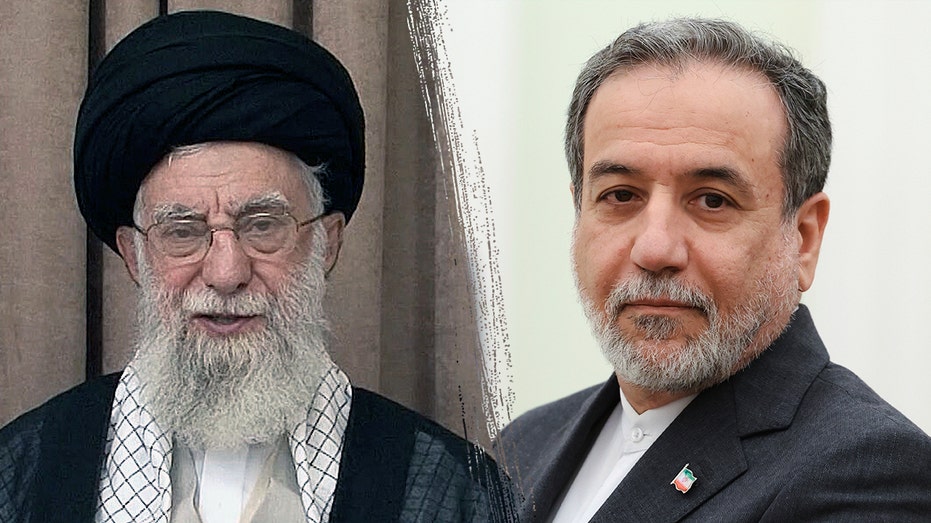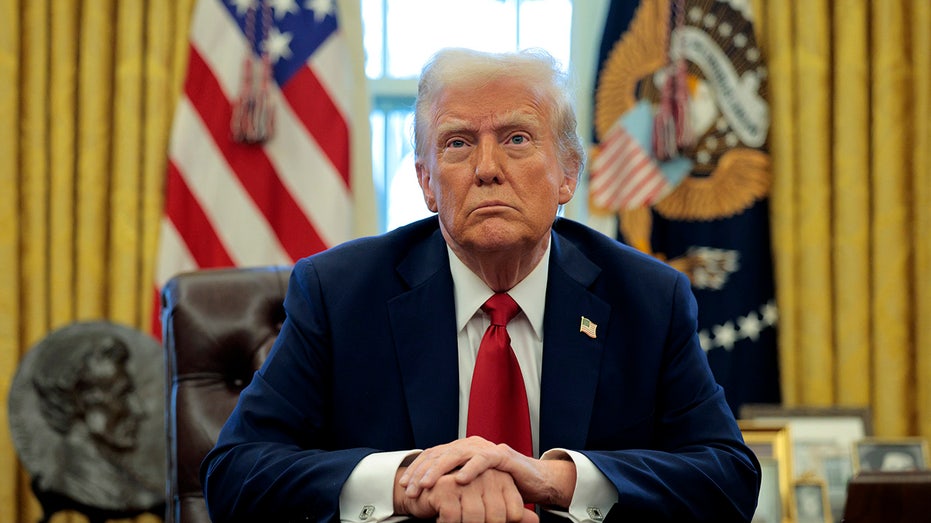Tensions between Iran and the U.S. persist as the Trump administration considers a $30B nuclear deal, while the Senate rejects limits on military escalation, signaling complex diplomatic and political maneuvering.
Why World Pulse Now?
Global Coverage
All major sources, one page
Emotional Lens
Feel the mood behind headlines
Trending Topics
Know what’s trending, globally
Read Less, Know More
Get summaries. Save time
Live Stats
7,374
143
211
an hour ago
Mobile App
Get instant summaries, explore trending stories, and dive deeper into the headlines — all in one sleek, noise-free mobile experience.
1-Minute Daily Briefing
Stay sharp in 60 seconds. Get concise summaries of today’s biggest stories — markets, tech, sports, and more
Why World Pulse Now?
Global Coverage
All major sources, one page
Emotional Lens
Feel the mood behind headlines
Trending Topics
Know what’s trending, globally
Read Less, Know More
Get summaries. Save time
Live Stats
7,374
143
211
an hour ago
Mobile App
Get instant summaries, explore trending stories, and dive deeper into the headlines — all in one sleek, noise-free mobile experience.
1-Minute Daily Briefing
Stay sharp in 60 seconds. Get concise summaries of today’s biggest stories — markets, tech, sports, and more








